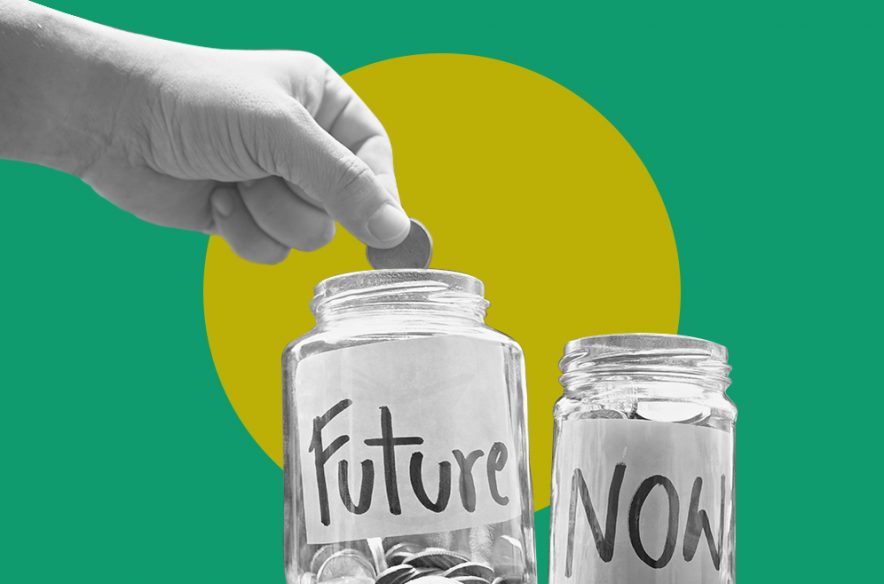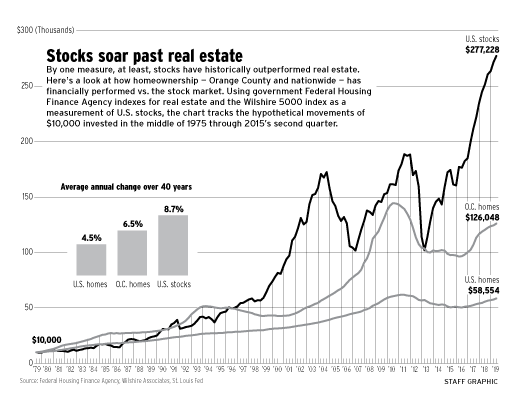Despite being in a tough financial situation, you can improve your finances in some ways. Many personal finance advices encourage you to invest and save money, but it’s hard to do that when you’re already stretched thin. Fortunately, there are some things you can do to improve your situation right now. Listed below are some tips to get you started. You can also check out some articles for more information on how to improve your financial situation.
Paying bills on time
If you can afford it, you should pay your bills on time each month. Of course, sometimes you may be forced to make some hard choices and delay a few payments, but paying bills on time will ultimately improve your financial situation. One of the biggest benefits of paying your bills on time is that you will avoid late fees. Some companies charge late fees minutes after the payment is due, making it difficult to budget. In addition, paying late fees can make it harder to pay the next bill. This can snowball and cause a downward cycle.
Many Americans have difficulty paying their bills on time. The truth is that many of us weren’t taught good financial habits in school. Many of us have experienced abusive debt collectors or had to deal with collections. However, there are many advantages to paying your bills on time. Not only will you save money, but you will also be able to maintain good credit scores. It’s also a good habit to get into.
If you can’t make a payment on time, consider setting up electronic calendar reminders. Make sure you set these reminders for five days before the due date, so that you don’t miss them. You might want to make them a bit earlier than normal to allow for time differences. Aim to pay your bills on time as much as possible, as late payments can impact your financial situation negatively. For example, if you’re paying a credit card bill on time, you’ll be able to avoid late fees and even receive a lower monthly payment.
It is also important to check your mail frequently to make sure you didn’t miss any bills that were due. Sometimes, bills get lost in the mail or sent to a spam folder. Reviewing your bills regularly will help you spot any fee increases and keep your expenses under control. There’s no better way to improve your financial situation than to pay your bills on time. And with the help of the Consumer Financial Protection Bureau, you can also learn about financial literacy and home ownership through workshops and surveys.
Creating a budget
The first step in creating a budget is to track your monthly expenses. The first step is to determine what your fixed and variable expenses are. These categories include regular monthly bills, entertainment, groceries, and gas. You should also consider seasonal costs, such as vacations. Then, you can adjust your budget accordingly. Remember to under or over estimate your expenses, so you don’t end up spending more than you can afford.
After creating a budget, it is important to stick to it and review it periodically. You should make sure that your expenses do not exceed your income, and you should review your budget based on the changes you have made in your life. For example, you may have realized that you’ve spent more on eating out than you had planned. If you have more money in savings, you should reduce your expenses. If you don’t follow a budget, you might end up in worse financial conditions.
Another benefit of creating a budget is that it will help you set goals and reduce stress. It will help you reach big financial goals, such as saving for a down payment on a house or car. You can also use a budget to make the most of a student loan and ensure that it will be paid off on time. This will also improve your credit score and financial future. But most importantly, you’ll discover where to cut back your expenses and make more room for saving and debt repayment.
There are many methods of budgeting, some simple and others complicated. The best budgeting strategy for you depends on your income, habits, and goals. Be sure to weigh the benefits and disadvantages of each one before making the final decision. Once you’ve figured out the right budgeting strategy, make a budget that fits your needs and your lifestyle. And don’t forget to include some fun stuff!
Paying off credit card debt
If you can’t save enough money to cover all of your expenses, the best way to tackle credit card debt is to cut back on your spending. Whether you use your cards for emergencies or to make minimum payments, a lack of savings can lead to overspending and debt accumulation. To get started, a financial expert suggests that you build a short-term savings of at least $500. You can tap this fund for unexpected expenses and make minimum payments on the remaining balances.
Credit card debt has become a major financial problem for millions of Americans. The first quarter of 2022 saw credit card balances rise $71 billion. With interest rates currently over 17 percent, this trend is expected to continue. In fact, the average credit card APR (annual percentage rate) is now over seventeen percent. And as the cost of borrowing continues to rise, consumers will be unable to access cheaper forms of long-term credit.
If you are struggling to make minimum payments, it is time to stop charging and making new purchases. This is a huge mistake. Credit card debt builds up as you make minimum payments, so a big monthly payment will help blast through the debt faster. You can also increase payments a little at a time, which you can do by reducing expenses and increasing your income. It may take a while, but if you have enough money, it will help you make a dent in your debt and improve your financial situation.
Many people take out personal loans to pay off their credit card debt. Using a personal loan is an intelligent financial move that will benefit you in the long run. Having one fixed monthly payment and a low revolving credit utilization rate will make it much easier to manage your finances and increase your credit score. Further, paying off credit card debt will also reduce the amount of interest you have to pay on your loans.
Creating an emergency fund
A good emergency fund can save you a great deal of money in times of need. Even a few hundred dollars saved can make all the difference in an emergency. When unexpected costs come up, an emergency fund can help you avoid high-interest debt. It can help pay for major expenses, such as a car repair or a new roof, as well as monthly expenses. By saving money on a regular basis, you can build up momentum and grow your account.
An emergency fund should provide money for three to six months of expenses. Most people can manage with as little as three to six months’ worth of expenses, but self-employed people and those with chronic medical conditions may need a much larger emergency fund. For the best results, create an emergency fund that will cover three to six months of household expenses. But be realistic – a larger fund will require more work on your part.
The first step in creating an emergency fund is to set a realistic goal. It will be much easier to save money if you have a concrete goal to work toward. Make it a habit to save a small amount each month – you’ll be surprised at how quickly your savings grow if you have a goal. Then, you can increase your savings goal. This will give you the positive motivation you need to achieve your goal.
If you’re struggling to save money, you might be able to cut back on other areas of your life to make additional funds available. For example, you might want to reduce your monthly cell phone bill by switching to a cheaper plan with lower data usage limits. You can also cut down on your cable or satellite TV service. There are also cheaper streaming services out there that offer the same service at a lower price. In addition, if you’re able to, you may consider taking on a side job or selling unwanted items around your home. These will help you earn some extra cash each month.
Getting organized
Getting your financial situation organized can help you make better decisions, gain peace of mind, and adjust better to changes in your life. Getting organized is an essential first step in any financial plan, as it will help you see the big picture and make more informed decisions. You can begin by setting up automatic payments to keep track of your bills. These payments can be set up online or by calling your bill providers and setting up a recurring monthly payment.
Once your bills and mail are organized, you can take the time to go through them. You’ll be more aware of what to keep and what to discard. This habit will help you avoid clutter and save money. When you’re organized, you’ll be less likely to purchase unnecessary items and subsequently reduce your financial stress. You’ll also become more conscious of shopping and understand what you can do without. One example of how getting organized can improve your financial situation is by reducing the amount of food that you throw away. Americans throw away 30% of their food supply. That’s a pound of food per person every day!
Organizing your finances can help you save money, track progress, and feel more secure about your financial situation. Disorganization makes it difficult to keep track of bills and make necessary payments, which is costly. According to Global Wealth Hub, many of their clients waste money paying late fees or incurring higher interest rates due to lack of organization. By keeping track of bills, you can avoid paying late fees and interest charges and make your finances more secure.
Join The Personal Wealth Creation (PWC)™ – Launching (50% Discount)
Learn How to Develop Wealth at a Personal Level.
On the Personal Wealth Creation, you will learn:
- Beliefs of The Multi-Millionaires
- How the Wealthy Manage their Money
- How to Increase Your Income
- How to Manage your Money & Reduce Your Expenses by 20-35%
- How to Build a Fortune by just Investing 15% of Your Income
- How to Design Your Millionaire Master Plan
- And Much More…
Helpful Links:





